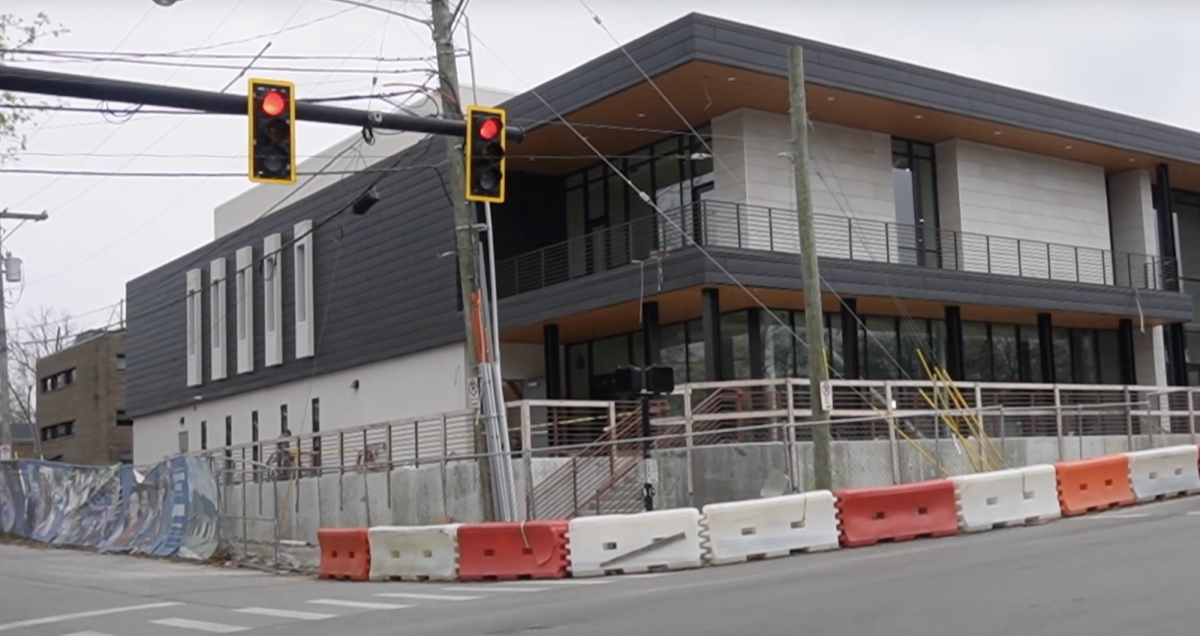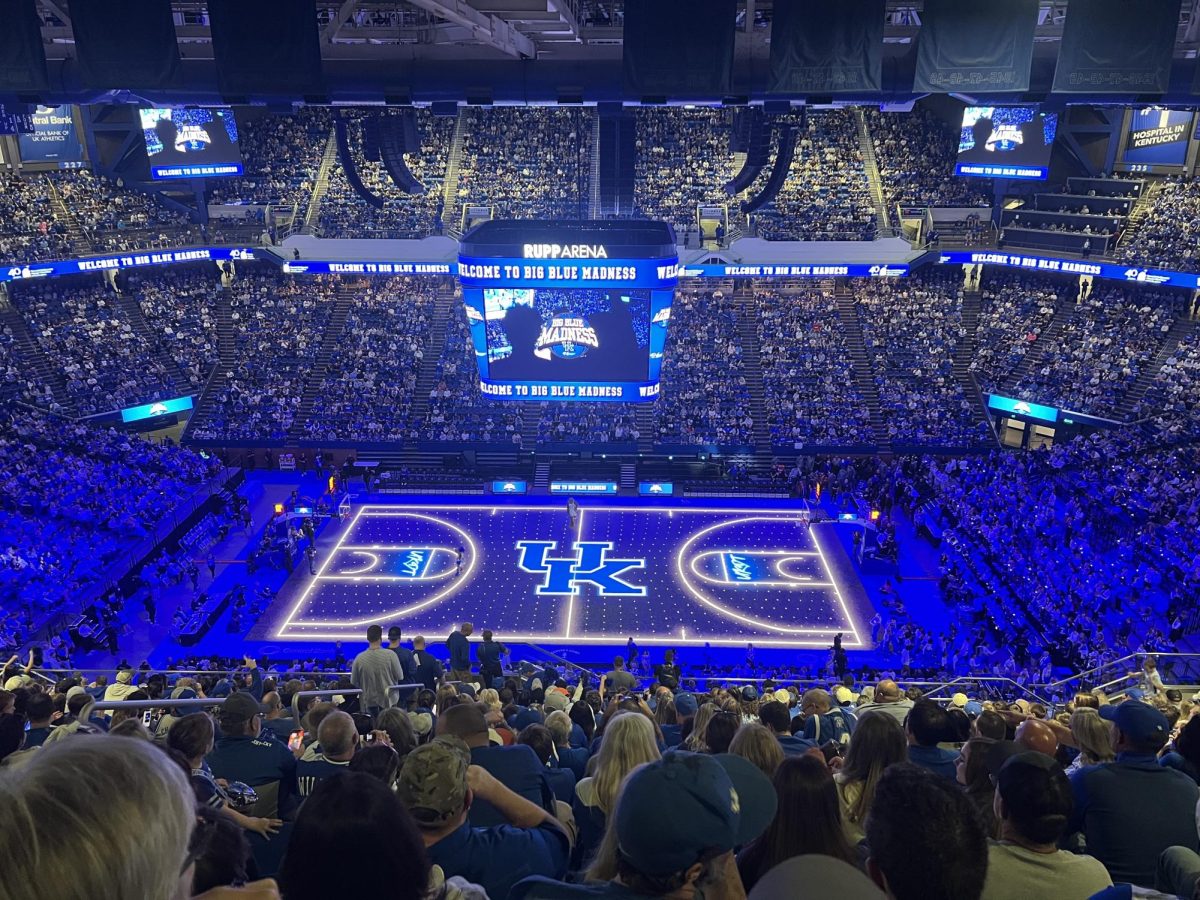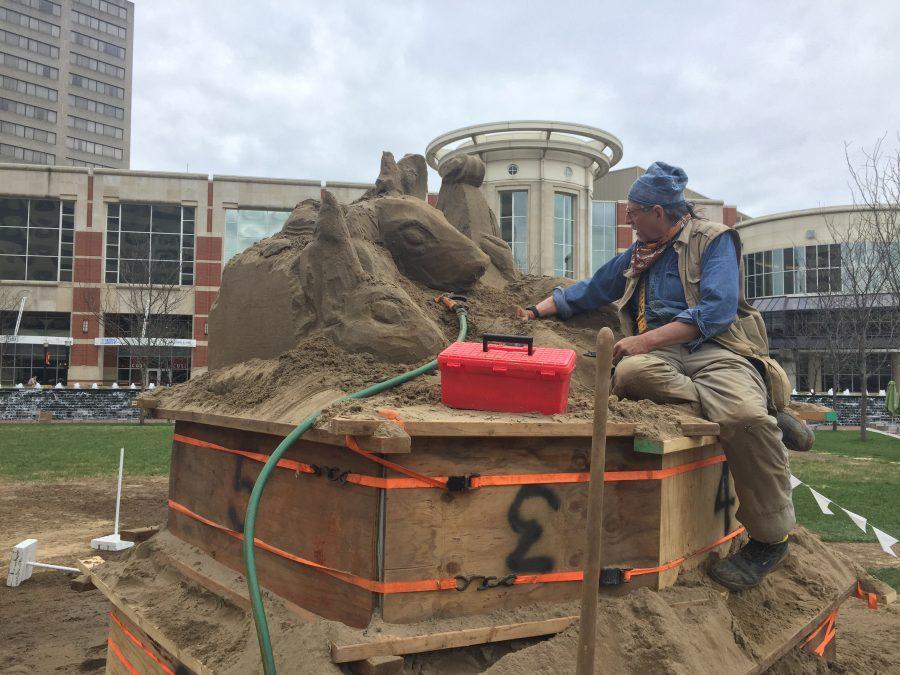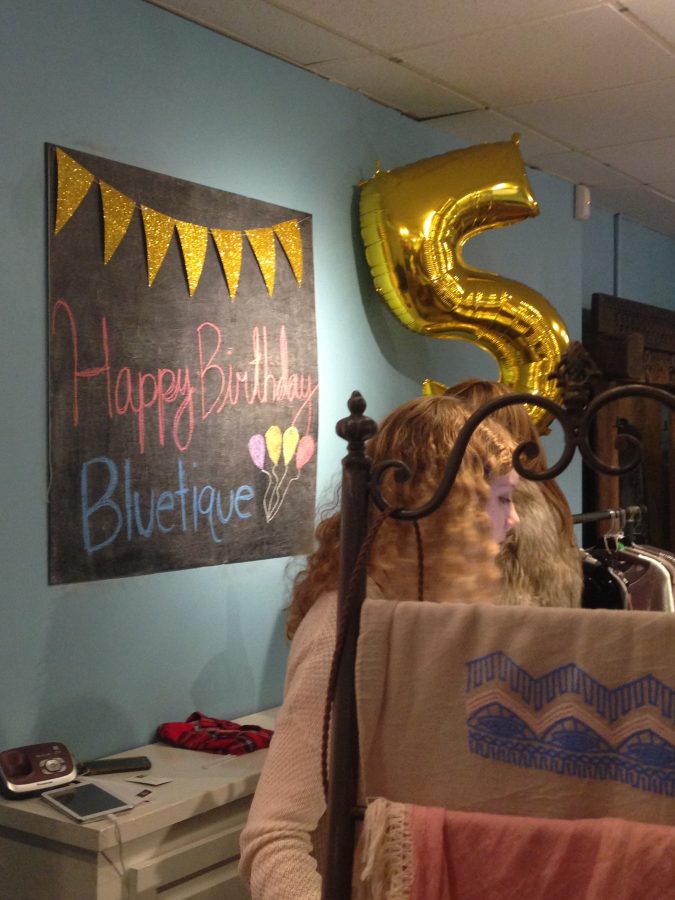
BY Casey Parker-Bell
LEXINGTON, Ky. – Hidden between the rock fences and horse farms that litter central Kentucky there is a cave that holds some of the most important items for researchers at the University of Kentucky.
Right before you would drive under Wilmore, Kentucky’s famous High Bridge there is a former limestone quarry that has been turned into an underground storage facility. That facility is called Kentucky Underground Storage Inc. and its keeps thousands of books that the University of Kentucky no longer keeps at its on-campus libraries.
The quarry was mined in the 1880s and 90s, and it was vacated until being converted into a mushroom farm in 1972. By 1977 the mushroom farm was no longer in business and Bill W. Griffin, the founder of KUSI and Highbridge Spring Water, bought the quarry.
Griffin was involved in the original mushroom farm and considered starting another one with the intention to export mushrooms to France. Instead, Griffin used the facility for other purposes, using the cave to bottle Highbridge Spring Water after starting the company in 1982 and renting the excess space as storage for cars, boats and RVs.
Today KUSI primarily focuses on document storage, even though it still stores boats and RVs from October to April. Tall shelves filled with boxes stretch towards the top of the facility’s 30-foot high ceiling. According to Jeff Baier, the Director of Business Development at KUSI, there are 450,000 boxes currently filling the 32-acre underground facility.
“There are thousands of books in storage,” said Cindy Parker, storage unit manager for the University of Kentucky libraries. “Thirty to thirty-five books are delivered to and from storage a week. Almost all of the books pulled from storage are used for research or loans.”
Parker said that over 20,000 of the boxes at KUSI contain books from UK libraries. Each box contains about 18 books.
UK started using the KUSI facility in 1990 after the King and Fine Arts libraries were overflowing with books and increasing the need for off-campus storage. Parker says which books are sent to the storage facility are determined by usage statistics that the library collects on its books. The less used the book is, the more likely it is to be sent to storage.
Parker said she does not consider having the books off campus as a disadvantage. KUSI runs a courier service five days a week that will deliver books back and forth for the libraries, and KUSI is able to scan and send documents so that researchers can receive information quickly.

“The Scan-On-Demand service, if you need (a document) you can have it scanned,” said Baiers. “You will get an email telling you it is ready and then you can go retrieve the document.”
Parker uses the Scan-On-Demand service in conjunction with the “Total Recall” system the library uses to place orders for books to be brought from KUSI to campus. Parker handles all of the requests for books going to and from storage herself, and says she gets three or four requests for books from storage a day.
The uniqueness of KUSI’s facility gives it advantages that other storage facilities do not have, like protection from natural disasters.
“It’s a very neat place,” said Parker. “It would be a nice place to be during a tornado.”
KUSI’s facility is 130 feet underground on average and keeps the humidity of the cave in check with a custom-designed dehumidification system. Baier said that the temperature of the facility is a little over 60 degrees year round.
Categories:
The Book Cave: UK Libraries stores books in former limestone quarry
May 28, 2014
0
Donate to Big Blue Student Media
Your donation will support the student journalists of University of Kentucky School of Journalism and Media. Your contribution will allow us to purchase equipment and cover our annual website hosting costs.


















